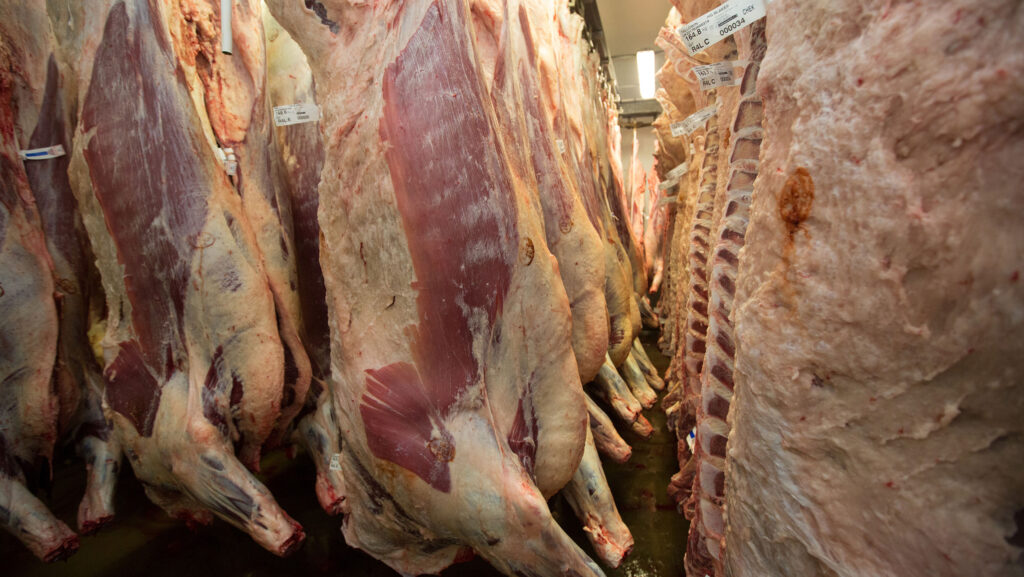Closure of Hampshire’s last abattoir a ‘huge blow’ for farmers
 © Tim Scrivener
© Tim Scrivener In a blow to local food supply chains, the last remaining abattoir in Hampshire is set to cease operations at the end of January.
The impending closure of Newman’s Abattoir, an independent, family-run business based in Farnborough, marks the latest casualty in the slaughterhouse sector, with only a handful of multispecies abattoirs left in the South East.
Newman’s Abattoir trades as PC Turner & Ockwells Meat Company, Surrey, Hampshire, Berkshire, West Sussex and the Isle of Wight and supplies 150 butchers’ shops and Smithfield Market in London.
See also: Abattoir sector near ‘tipping point’ warn meat processors
Its closure will have significant repercussions for the local agricultural community.
Mounting challenges in the industry, including rising costs and stringent regulations from the Food Standards Agency (FSA), are believed to have made it increasingly difficult for the facility to remain viable.
It is understood that the recent shortages of stock and increasing prices have also made trading more difficult for a business that only supplies and kills for the domestic market.
No one was available for comment at Newman’s Abattoir on Monday (6 January).
However, a source close to the business confirmed to Farmers Weekly that the abattoir will close on 30 January.
“It’s another huge blow to the livestock industry,” said the source. “There is already a lack of slaughterhouse facilities in the South East and now we have lost another one.
“This means farmers who use the abattoir will have to travel a lot further for an alternative.”
With Newman’s Abattoir closing, the remaining option for multispecies slaughterhouses in the region is Down Land Traditional Meats, in Henfield, West Sussex, a much smaller facility that is already running at full capacity and is unlikely to be able to absorb the additional demand.
Trend of closures
The impending closure of Newman’s Abattoir follows a trend of abattoir closures across the UK in recent years, as the industry struggles with declining stock numbers, increased operational costs, and limited profit margins.
Frank Langrish, a prominent sheep farmer based near Rye on the Kent/Sussex border, said: “For most livestock farmers based in the South East, it means they really no longer have a sizeable outlet [abattoir] at all.
“Looking at the whole livestock scene, part of the issue is that the numbers of stock – sheep and beef cattle – in the South East are continuing to decline. There are very few pig farms left at all.”
